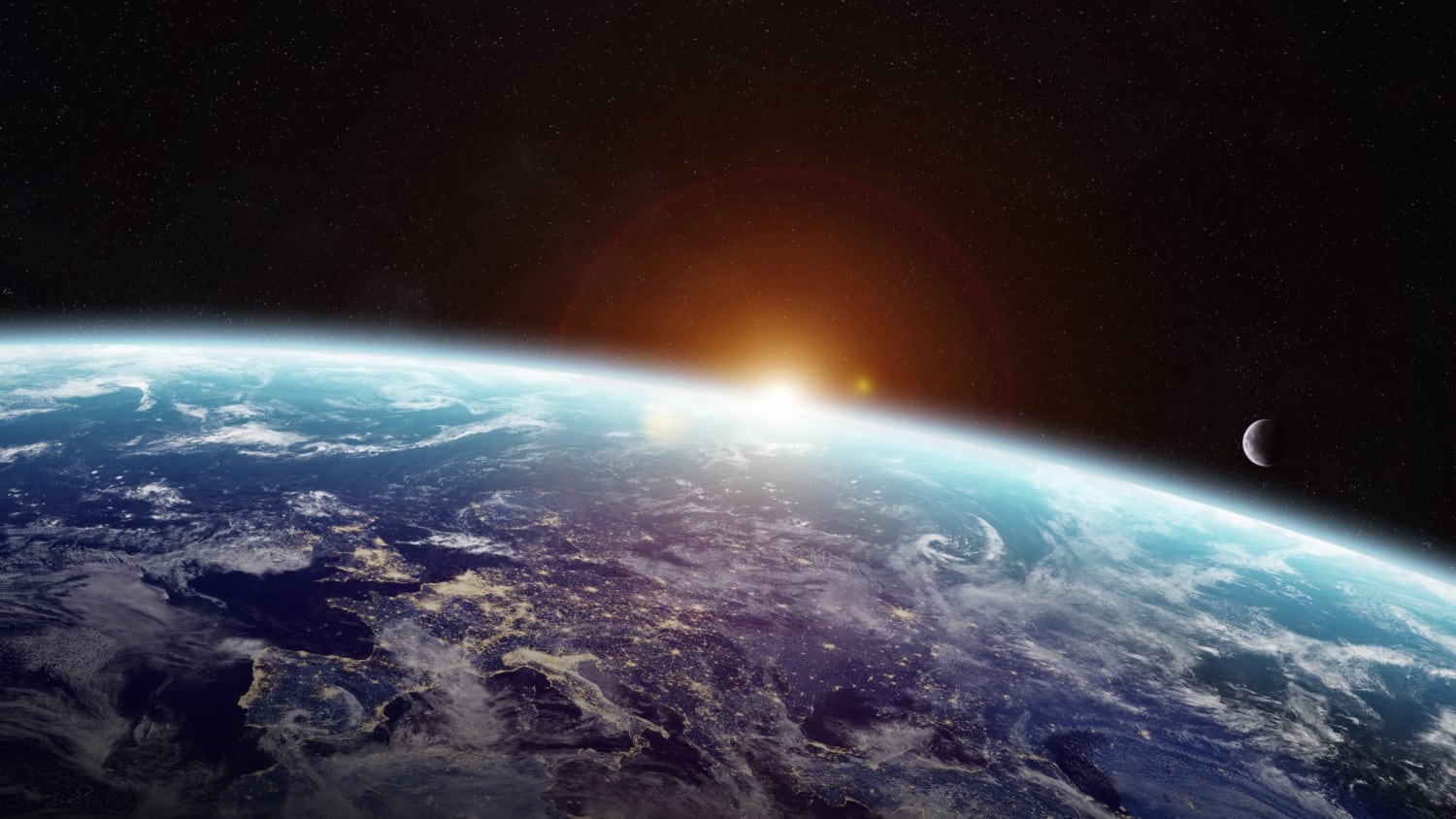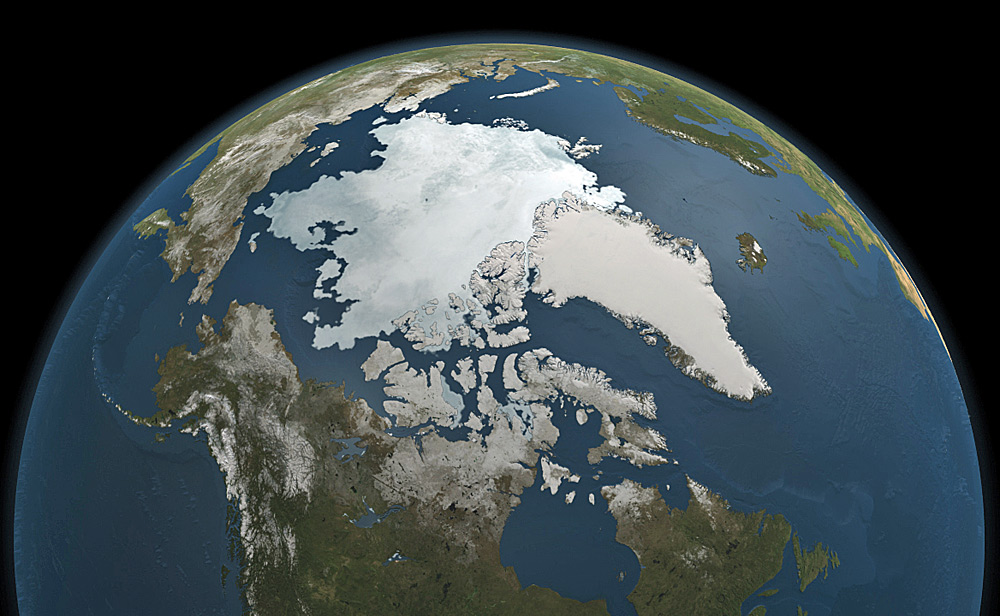Earth is spinning faster and 2021 could be the shortest year yet

Earth’s rotation has been speeding up lately, and it’s currently spinning faster than it has in the last 50 years.
In the 1960s, scientists developed highly accurate atomic clocks, then compared these atomic clocks to fixed stars in the sky, and they learned a single rotation could vary by milliseconds or fractions of milliseconds.
Scientists noticed Earth’s average rotational speed was consistently decreasing, and official timekeepers at the International Earth Rotation and Reference Systems Service (IERS) compensated by adding “leap seconds” every few years — most recently on New Year’s Eve 2016.
Now, that trend is reversing as Earth’s rotation is speeding up.
In 2020, the Earth orbited the sun 1.28 milliseconds faster than normal, and if the trend continues, experts believe every day in 2021 will pass 0.05 milliseconds faster than usual.
Why Mess With The Clocks At All?
A millisecond behind or a millisecond ahead may not seem like a big deal, but GPS satellites use atomic clocks to keep time with no consideration for the planet’s changing rotational speed.
According to the Science Times, a half-millisecond at the equator equals 10 inches to a GPS satellite.
Without any adjustments, GPS tracking locations would drift and eventually become useless.
Why Is The Earth Spinning Faster?
A lot of factors affect the Earth’s rotation, and it’s always varied slightly from day to day.
Our planet’s molten core and seismic activity have the biggest influence on Earth’s rotational speed. The atmosphere, ocean tides and even the moon have a smaller impact on how fast our planet spins.
However, many scientists today are pointing to climate change for the recent acceleration.
The polar glaciers are melting faster than they ever have, and this is causing the amount of mass at the poles to shift elsewhere around the planet and speed up the Earth’s rotation, similar to an ice skater pulling their arms closer to spin faster.
If the Earth’s rotation continues to speed up, the IERS timekeepers may have to subtract a second for the first time in its history. The World Radiocommunication Conference will decide on the general fate of the leap second in 2023.
Jason Meyers is a part-time meteorologist and big-time fan of looking up. You can follow him on Twitter or watch one of his entertaining and educational YouTube videos.


